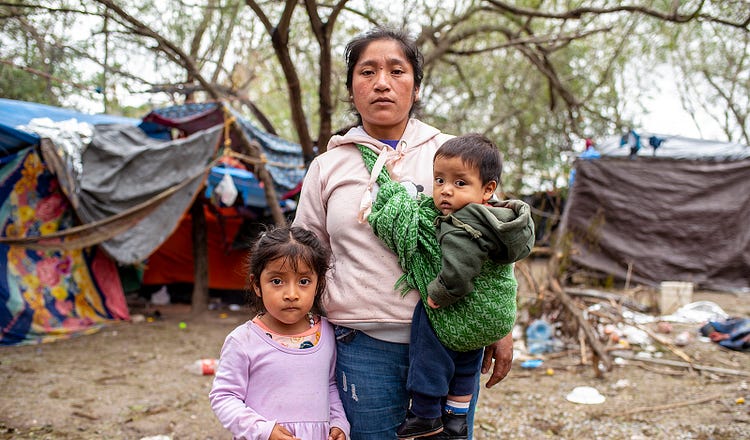The Migrants Hoping for a Biden Victory. Plus. . .

Maria Gomez Hernandez and her children, Francisco Ivan Jimenez Gomez and Dianna Jimenez pose for a portrait at a migrant camp on Tuesday January 23, 2024, in Matamoros, Mexico. (Sergio Flores for The Free Press)
Why gambling is ruining sports. Is Havana Syndrome a hoax? Ten stories. And more.
408
Good morning to all 625,000 of you.
Today from The Free Press: Why the prudes were right about sports betting. 60 Minutes commits “journalistic malpractice.” And more. But first. . .
An estimated 7.3 million illegal immigrants have crossed into the U.S. since the start of Joe Biden’s presidency. When polled, voters say it’s the issue they’re most worrie…
Continue Reading The Free Press
To support our journalism, and unlock all of our investigative stories and provocative commentary about the world as it actually is, subscribe below.
$8.33/month
Billed as $100 yearly
$10/month
Billed as $10 monthly
Already have an account?
Sign In


